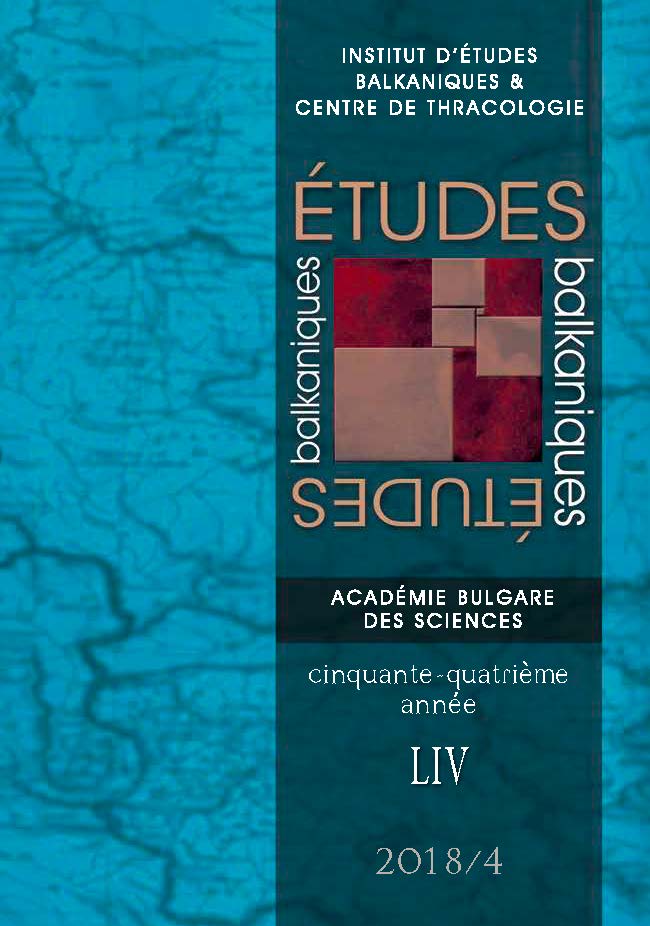Ὁ καλὸς καὶ ἀγαθὸς ἄνθρωπος L’HONNÊTE HOMME DANS LES MIROIRS DES PRINCES BYZANTINS
Ὁ καλὸς καὶ ἀγαθὸς ἄνθρωπος. HONEST MAN IN BYZANTINE MIRRORS OF PRINCES
Author(s): Simona NicolaeSubject(s): History, Cultural history, Comparative history, History of ideas, Local History / Microhistory, Middle Ages
Published by: Институт за балканистика с Център по тракология - Българска академия на науките
Keywords: Byzantium; Basileus; Mirrors of Princes; Kalos Kai Agathos
Summary/Abstract: This research aims at drawing out the portrait of the Byzantine emperor, as a character in the mirror of princes. The analysis shows that the humanness and the morality of the basileus are more and more important throughout the history of the Empire, to the detriment of his political dimension. The image of the emperor is highlighted by two effigies which overlap: one of them is diverse and brings together various qualities, the other is a sketch of the man simply beautiful and good, stripped of any particular trait, like the ideal of the classical Athens. We have explored the semantic areas which designate the qualities recommended to the prince (concerning the physical lineaments, the mind, the soul and the religiousness). We have also examined the monochrome portrait, which unfolds a human archetype with a “quantitative” side (defined by the notion of μέγεθος) and a “qualitative” one expressed by adjectival structures such as πλαττόμενος, τελειός). An extremely simple lexical formula, καλὸς καὶ ἀγαθός, crowns the image being analysed. The emperor must be, after all, the wise or rather honest man, with no degree of comparison, with no useless determiner, morally beautiful and good in the aesthetic vision of the Antiquity, for which morals and aesthetics were never dissociated.
Journal: Études balkaniques
- Issue Year: 2018
- Issue No: 4
- Page Range: 726-739
- Page Count: 14
- Language: French
- Content File-PDF

